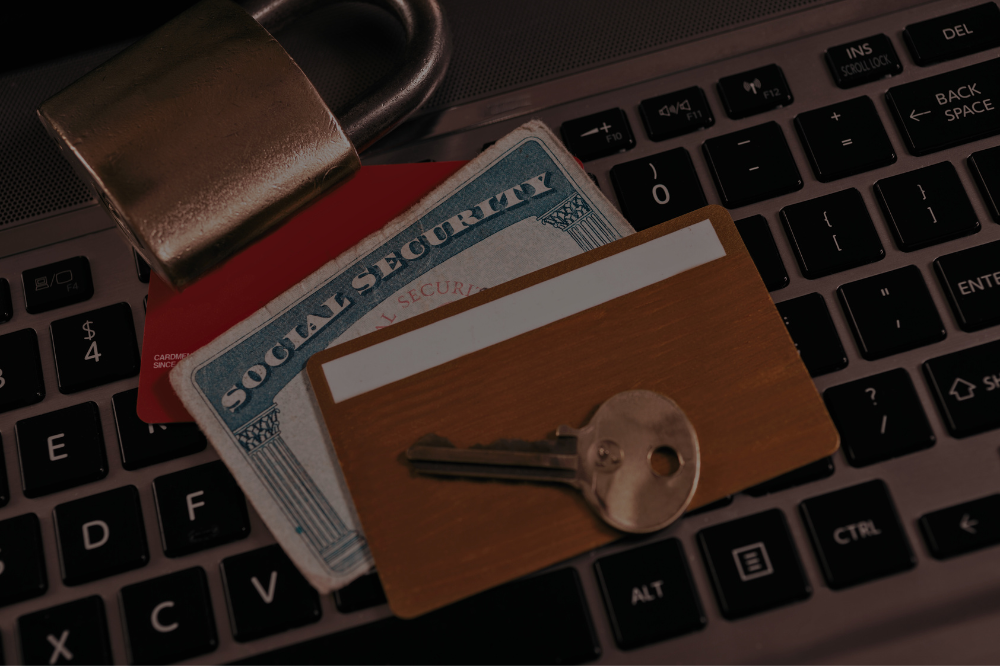Experts say that freezing your credit is the first step to avoid identity theft. Find out how to freeze it!
In 2024, data breaches have reached unprecedented levels, with over 1 billion personal records already compromised even before the National Public Data breach, according to Michael Bruemmer, the head of global data breach resolution at Experian, a consumer credit reporting agency. A simple action, such as freezing your credit, can help avoid having your identity stolen, according to experts. So, we’re going to teach you how to freeze it!
Once data is stolen, it usually ends up on the dark web, a hidden part of the internet not accessible through standard search engines, where hackers often attempt to resell the information. Unlike credit reports, which can be corrected and updated, information on the dark web is permanent. “Once it’s out there, it stays”, Bruemmer emphasized.
Freezing Your Credit
To deal with this kind of situation, experts recommend that individuals take immediate action to protect their data by freezing their credit. James E. Lee, COO at the Identity Theft Resource Center, emphasized that “freezing your credit is the single most important thing you can do when you get a data breach notice“. Experts also suggest regularly checking your free credit reports to monitor any unusual activity and ensure there are no errors.
The process of freezing your credit is quick and straightforward, taking just a few minutes, according to Bruemmer. A credit freeze restricts access to your credit report, preventing new accounts from being opened in your name by anyone, including yourself. This service is free, and a credit freeze remains in place until you decide to lift it, either temporarily or permanently. If you need to apply for new credit, like a credit card or an auto loan, you will have to unfreeze your credit report first.
“I’d recommend a freeze if you suspect that you might have been impacted by a breach, or you just want to have good identity hygiene”, Bruemmer said.
To ensure a credit freeze, you must complete the process with all three major credit reporting agencies – Equifax, Experian, and TransUnion. This usually involves creating free online accounts with each agency, which is generally faster than requesting a freeze by phone or mail.
Protecting Children’s Information
Given the scale of the National Public Data breach, children’s information may also be at risk, according to Bruemmer. Parents should watch for signs that their child’s data has been compromised, such as unexpected credit card offers, tax bills from the IRS, or notices from debt collectors.
Deciding to freeze a child’s credit depends on whether a credit file exists for them. “Most children will not have a credit file, and we don’t recommend placing a freeze on a child’s file that the bureau would have to create”, Bruemmer added. Parents can attempt to check their child’s credit report annually at AnnualCreditReport.com. If a file exists, it would be wise to freeze it, Bruemmer advised.
Additional Steps to Secure Your Personal Data
Freezing your credit is only the beginning. To further protect personal data, it’s essential to update passwords regularly, ensuring each account has a unique password. Using a password manager can help generate and store complex passwords, Bruemmer suggested. Implementing two-factor authentication adds an extra layer of security by requiring multiple forms of identity verification for account access.
It’s also wise to remove personal information from social media that could be exploited by identity thieves, he added. Setting up alerts on your accounts to stay updated on any new activity can also help you quickly spot unauthorized actions. Furthermore, additional services can be purchased to alert you if your information appears on the dark web or if a credit file has been created for a minor, he noted.

